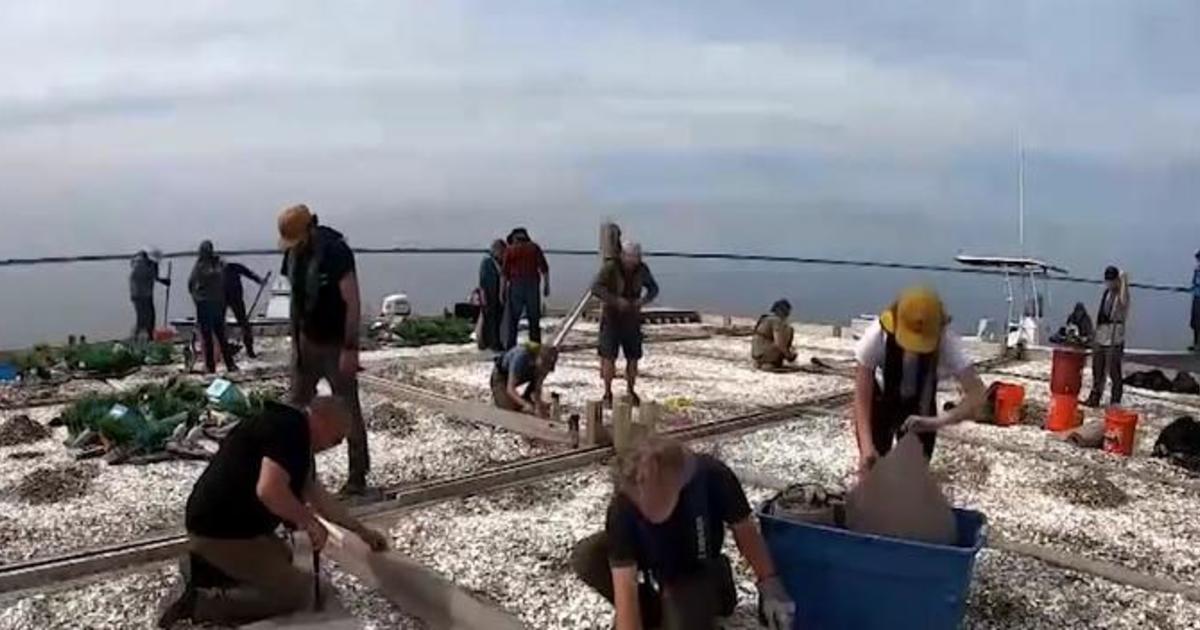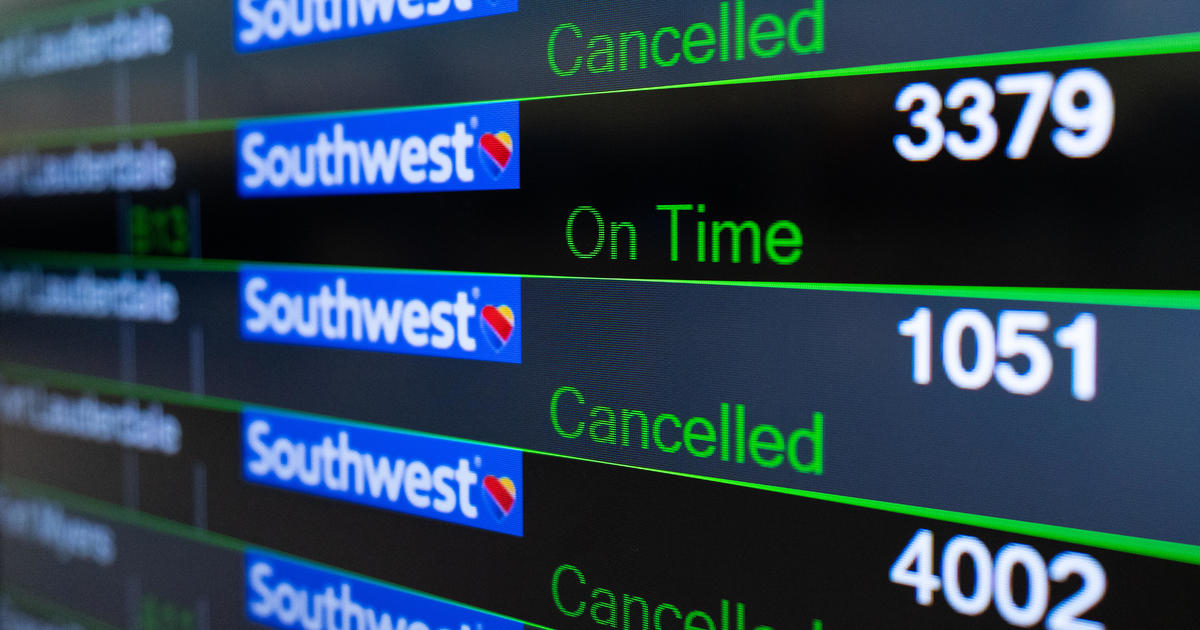Heavy Rain Blamed For Chesapeake Bay Dead Zone
KENT ISLAND, Md. (WJZ) -- It's not the kind of rebound the Chesapeake Bay needs, but as summer draws to a close, a larger dead zone is taking shape.
Alex DeMetrick reports heavy rain set it in motion.
Dead zones happen every summer in the bay. But this year, it was...
"The least amount of dead zone we've had on record since we've been monitoring the last 30 years," said Bruce Michael, Department of Natural Resources.
Good news that's come to an abrupt end.
"And now in August, it's actually rebounded," Michael said.
Because algae blooms suddenly spiked and algae creates dead zones.
"Ultimately those algae can sink and die and use up oxygen in the water," said Peyton Robertson, Chesapeake Bay program.
The resurgence of a larger dead zone did not entirely come as a surprise. Heavy rain, some of it record-setting, hit Maryland earlier this month.
"This top bar is seven inches so you can see there was a swath that comes across Charles County into Anne Arundel County and a pretty big swath around Baltimore and Dundalk. All that rainfall that ran into the Inner Harbor and here in Spa Creek in Annapolis has a pretty big impact," Robertson said.
Because that water carried nutrient pollution like nitrogen and phosphorous off streets, as well as millions of gallons of raw sewage that overloaded drains---the perfect food for algae blooms.
"They die, they use up oxygen so that probably contributed to the increase in the low-dissolved oxygen we saw rebounding in August," Michael said.
The dead zone now stretches over the deepest part of the Chesapeake from the Bay Bridge to the Potomac River. It has not reached into shallower water where crabs and fish move to escape dead zones---but it's one more added pressure.
"There's not a lot of Maryland crabs out. My crabbers are saying it's because the bay's dirty. There's no sea grass and they're saying it's the worst it's been in 20 years," said Tony Piero, Mike's Restaurant and Crabhouse.
This year's dead zone is the eighth worst on record---so far.
DNR believes the smaller dead zone earlier this summer was aided by efforts to reduce nutrient pollution from entering the bay's waterways.
Other Local News:



